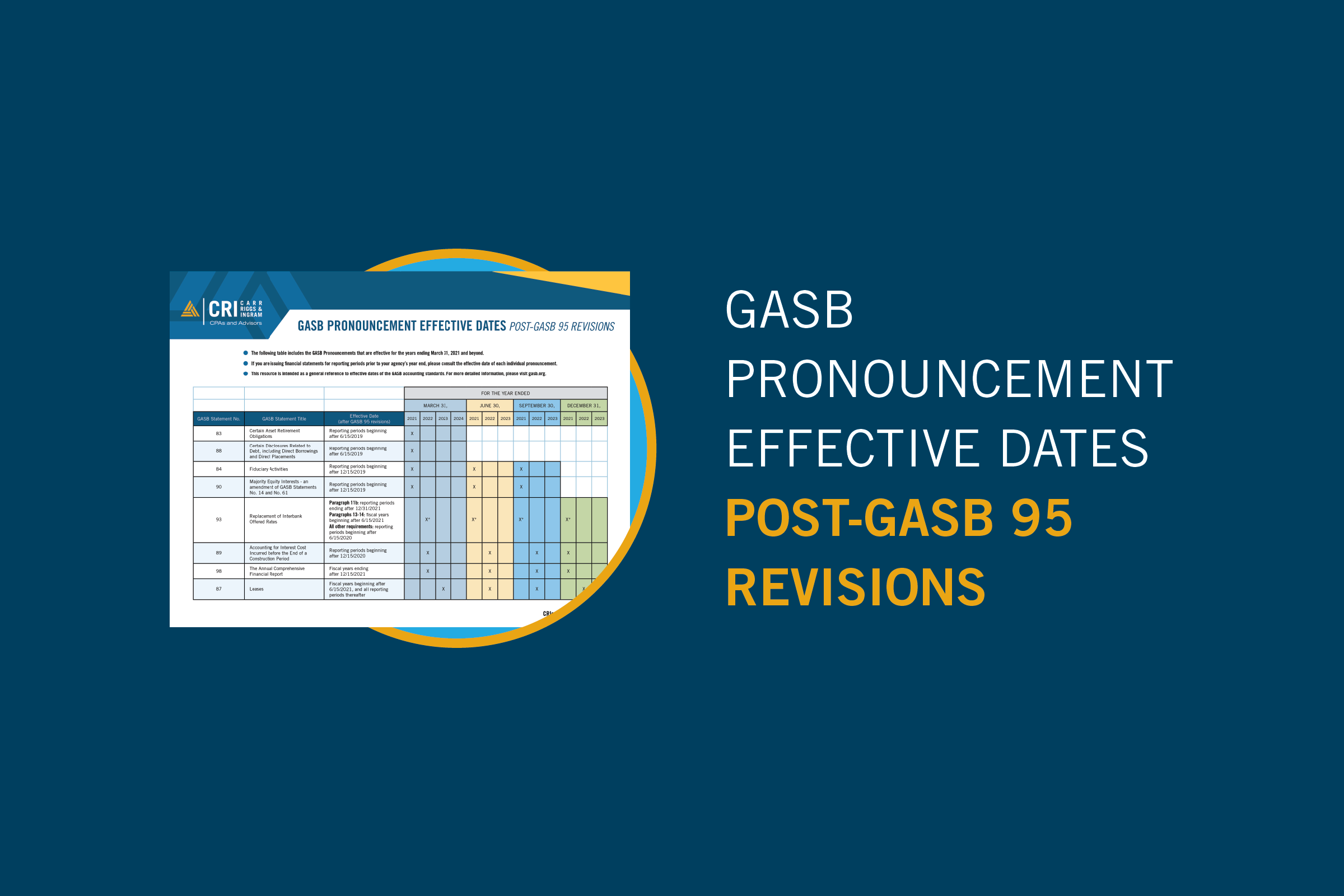Potential Proposals on the Horizon: It’s Time to Prepare Your Estate Plan
- Contributor
- April Hicks
Jul 29, 2021
In 2021, a variety of significant tax proposals have been introduced that have the potential to cause tremendous bearing on individual estate plans. For individuals with irrevocable trusts, these proposals create potential unintended income tax consequences depending on the circumstances. There are currently three primary proposals, one by President Joe Biden, one by Senator Chris Van Hollen (Sensible Taxation and Equity Promotion Act), and one by Senator Bernie Sanders (For the 99.5% Act). While the proposal by Senator Sanders is a variant of his prior proposal, the proposals by President Biden and Senator Van Hollen are both completely different from what has been seen before. For the 99.5% Act: Senator Bernie Sanders’ proposal primarily focuses on changes to the gift, estate, and generation skipping transfer (GST) tax rules including:
- The estate tax exemption amounts reduced from the current $11.7 million to $3.5 million for estate and GST taxes, but only $1 million for gift tax
- Valuation discounts on estates and gifts reduced or eliminated
- Increased transfer tax rates from 40% to 65%
- Annual exclusion gift amounts to trusts limited to $30,000 which could affect any life insurance trust you have, in turn triggering a GST tax every 50 years versus a period allowed by state law which covers the duration of the trust
- Substantial limitations on the usage of grantor retained annuity trusts.
Sensible Taxation and Equity Promotion Act: Senator Van Hollen’s proposal focuses on taking gifts and other transactions that previously were not subject to any income tax and now making those transactions gain recognition events. It is important to note that his proposal would be retroactive to January 1, 2021. Some key points in this proposal include:
- Most gifts, subject to an exemption during lifetime and at death, would be treated as a sale of property, meaning there would be a capital gains tax assessed
- Transfers into certain grantor trusts could trigger capital gains tax if the assets in the trust are not included in the grantor’s taxable estate at death
- Every 21 years, the trust would have to pay capital gains tax as if it sold all the assets
- This would no longer be a step-up in basis at death
The issue that arises with capital gain recognition deals with the fact that the assets are not actually being sold, the sale is just deemed to have occurred. This means that there may not be enough cash to pay the income tax. Death transfers may have a payment plan available to the estate in some circumstances, but lifetime transfers to trusts that have the gain recognition event every 21 years would not. President Biden’s Proposal: President Biden's proposal is similar to Senator Van Hollen’s proposal in that it focuses on capital gain recognition and not estate tax. While limited information has been released regarding President Biden’s proposal, some of the known key points directly impact estate planning.
- Capital gains would be taxed at ordinary income rates if the adjusted gross income exceeds $1 million
- This may also be subject to the 3.8% net investment income tax and the imposition of state and local taxation
- Part of the proposal could be retroactive to sometime in 2021
- Similar to Van Hollen’s proposal, gifts and transfers at death would be subject to capital gain recognition
- Transfers in and out of trusts, partnerships, LLCs, and other non-corporate entities would be subject to capital gain recognition
- Trusts, partnerships, or other non-corporate entities would be subject to a gain recognition event every 90 years
- A trust termination, or transfers from one trust to another, could be treated as gain recognition events
- This would no longer be a step-up in basis at death
What Actually May Happen?
While there is no certainty on what is actually to come, many speculate that there will either be some combination of all of the above, none of the above, or all of the above. The Biden and Van Hollen proposals create sweeping new capital gain events that directly impact estate plans and are in addition to estate, gift, and GST tax. Yes, there should be a deduction for the estate and gift tax on the income tax calculation; however, there is no guarantee that anything taxpayer-friendly will be included in the final legislation. While the Van Hollen proposal could be retroactive to January 2021, the capital gains rate in the Biden proposal also is expected to be retroactive to sometime in 2021. The creation of retroactive tax legislation is challenging but not impossible.
What Should You Do?
In times like these, it’s crucial to engage with an experienced team of professionals who can identify potential changes that may be needed in your estate plan, particularly in the case of irrevocable trusts. With the uncertainty of this legislation, it is recommended that individuals take action sooner rather than later. As the potential changes represent a complete paradigm shift in tax planning, it’s important to promptly examine your current estate plan and determine how to minimize or reduce the effect of these changes. For further guidance and information, reach out to your local CRI advisor for assistance developing some strategies that can provide a buffer to some of these potential changes.





















































































































































































































































































































































































































































































































